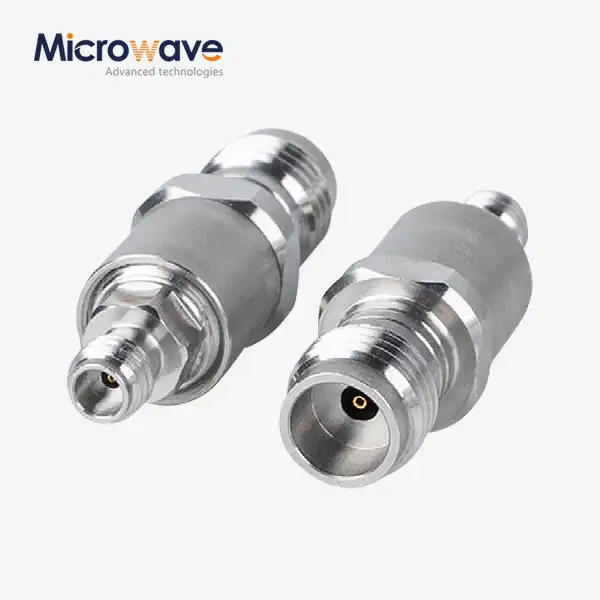Plastic Flange Caps vs. Metal Caps: Pros and Cons
In the world of microwave and waveguide systems, component protection is paramount to ensuring optimal performance and longevity. Flange caps serve as critical protective elements, shielding sensitive connection points from contamination, damage, and environmental factors. When choosing between Plastic Flange Caps and metal alternatives, engineers and procurement specialists face an important decision that impacts system integrity, maintenance requirements, and overall cost efficiency. This comprehensive analysis explores the advantages and limitations of both options, providing clarity for those seeking the optimal solution for their specific applications in telecommunications, aerospace, defense, and other high-performance environments.
Material Properties and Performance Characteristics
Durability and Impact Resistance
Plastic Flange Caps manufactured from high-density polyethylene (HDPE) offer remarkable impact resistance despite their lightweight nature. This combination makes them particularly valuable in environments where components are frequently handled or transported. The inherent flexibility of HDPE allows these caps to absorb shocks and impacts without cracking or deforming permanently, maintaining their protective integrity even after significant stress. Advanced Microwave's Plastic Flange Caps exemplify this durability, with specially formulated polymers that resist splitting and cracking even in challenging environmental conditions. The molecular structure of these high-performance plastics enables them to withstand repeated installation and removal cycles without degradation, ensuring consistent protection throughout their service life. While metal caps may offer superior resistance to extreme crushing forces, the practical durability of quality HDPE Plastic Flange Caps proves more than sufficient for most industrial and laboratory applications, with the added benefit of being less likely to cause damage to the flanges themselves during installation or removal.
Temperature Range and Environmental Resistance
When considering environmental adaptability, both materials present distinct advantages. Plastic Flange Caps from Advanced Microwave demonstrate impressive temperature tolerance, functioning reliably across a spectrum from -40°C to 70°C. This range encompasses most operational and storage conditions encountered in typical waveguide applications. The molecular stability of high-density polyethylene prevents brittleness in cold environments while maintaining structural integrity at elevated temperatures below its transition point. Additionally, these Plastic Flange Caps exhibit excellent resistance to moisture, chemicals, and UV radiation, preventing degradation even in outdoor installations or humid environments. Metal caps, while potentially offering greater extreme temperature resistance, particularly at the upper range, often present challenges with thermal expansion and contraction that can affect their sealing properties. Furthermore, many metals require additional treatments or coatings to prevent corrosion and oxidation when exposed to moisture or certain atmospheric conditions. This comparison highlights how the inherent chemical stability of properly formulated polymers used in quality Plastic Flange Caps provides a maintenance-free solution for most real-world applications.
Weight and Handling Considerations
The significant weight differential between Plastic Flange Caps and their metal counterparts represents a critical advantage in many applications. Advanced Microwave's polymer-based caps weigh substantially less than equivalent metal designs, reducing shipping costs and minimizing strain during installation and maintenance procedures. This weight reduction becomes particularly valuable in large-scale installations where hundreds or thousands of components may be required. The ergonomic benefits extend to ease of handling and installation, as technicians can manipulate Plastic Flange Caps with greater precision and less fatigue. The reduced mass also translates to lower inertial forces during transportation, minimizing the risk of damage to adjacent components when systems are moved or shipped. While metal caps provide a perception of robustness through their greater weight, this characteristic actually becomes a disadvantage in many modern applications where lightweight, high-performance materials deliver superior practical benefits. The reduced weight of Plastic Flange Caps contributes to overall system efficiency without compromising the essential protective functions these components must perform in microwave laboratories, assembly workshops, and various waveguide feeder systems.
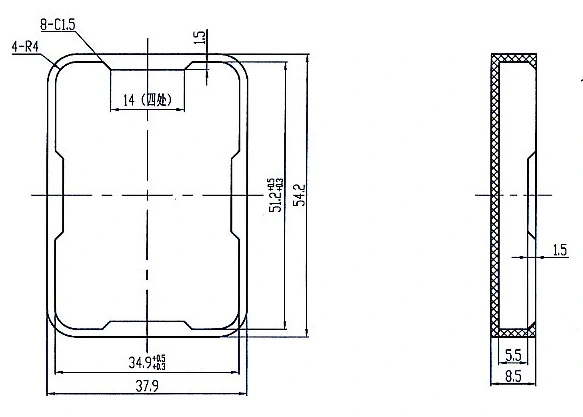
Economic and Practical Considerations
Cost-Effectiveness and Long-Term Value
The initial acquisition cost represents just one dimension of the economic equation when comparing Plastic Flange Caps to metal alternatives. Advanced Microwave's Plastic Flange Caps typically present a more favorable upfront price point compared to precision-machined metal versions, allowing for immediate budget optimization. More significantly, the total cost of ownership extends beyond purchase price to encompass durability, replacement frequency, and associated labor costs. The exceptional durability of high-density polyethylene caps translates to extended service life, with resilience against deformation, cracking, and environmental degradation that rivals or exceeds many metal alternatives. This longevity reduces replacement frequency and associated downtime, generating substantial operational savings over system lifetimes. Additionally, the simplified manufacturing processes for polymer components allow for greater production scalability, enabling more competitive pricing without compromising quality standards. While premium metal caps may offer marginally extended lifespan in extreme conditions, the cost-benefit analysis typically favors Plastic Flange Caps in most standard applications. Advanced Microwave's commitment to quality control ensures that their Plastic Flange Caps maintain dimensional stability and performance characteristics throughout their service life, further enhancing their economic advantage through predictable, reliable operation.
Installation and Maintenance Efficiency
The practical aspects of component installation and system maintenance significantly impact operational efficiency and associated costs. Plastic Flange Caps from Advanced Microwave feature thoughtfully engineered designs that facilitate quick and secure installation without requiring specialized tools. The natural flexibility of high-density polyethylene provides just enough elasticity to create a secure fit while remaining easy to remove when access is required. This characteristic is particularly valuable in environments where frequent access to flanged connections may be necessary for system adjustments or reconfigurations. The lightweight construction reduces worker fatigue during installation processes, especially in large-scale deployments where hundreds of protective caps might be required. In contrast, metal caps often require more force to install and remove, increasing the risk of damage to sensitive flange faces and threads. The potential for galling and seizing also presents maintenance challenges with metal-on-metal interfaces, particularly in environments with temperature fluctuations or exposure to corrosive elements. Advanced Microwave's Plastic Flange Caps eliminate these concerns while offering easy visual inspection capabilities through intentional color coding options (yellow, red, blue, or custom colors), further streamlining maintenance protocols and enhancing system reliability.
Storage and Transportation Advantages
The logistics of component management throughout the supply chain significantly impact both costs and practical implementation. Plastic Flange Caps deliver substantial advantages in storage density and transportation efficiency compared to metal alternatives. Their lightweight construction dramatically reduces shipping costs, especially in international logistics where weight-based pricing models predominate. The inherent stackability of polymer caps optimizes warehouse space utilization and simplifies inventory management processes. Advanced Microwave's Plastic Flange Caps feature consistent dimensional stability that ensures reliable fit across various standard flange sizes (DN15-DN600), simplifying procurement and reducing the risk of specification errors. The resilience of high-density polyethylene eliminates concerns about corrosion or oxidation during extended storage periods, ensuring caps remain ready for immediate deployment without additional preparation or conditioning. This characteristic proves particularly valuable for components destined for challenging environments or long-term storage before installation. While metal caps often require additional packaging protection to prevent damage during transit, Plastic Flange Caps resist scratching and denting, maintaining their aesthetic and functional qualities from factory to field installation. These logistical advantages translate to streamlined operations and reduced total costs throughout the component lifecycle.
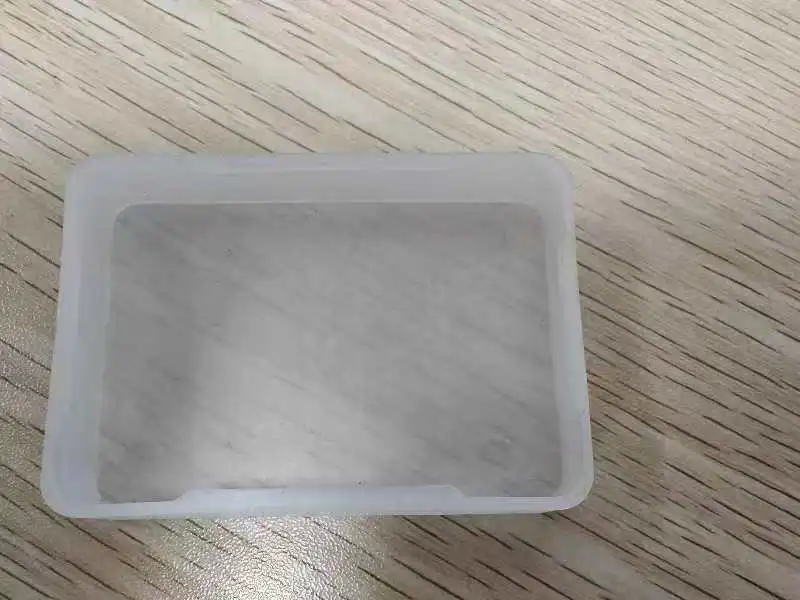
Application-Specific Advantages
System Integration and Compatibility
The versatility and adaptability of Plastic Flange Caps provide significant advantages across diverse system architectures and installation environments. Advanced Microwave's offerings demonstrate exceptional compatibility with standard waveguide systems, ensuring precise fit and reliable protection across various configurations. The dimensional precision achieved through modern polymer injection molding processes ensures consistent performance with tight tolerances comparable to machined metal components. This manufacturing precision enables Plastic Flange Caps to maintain proper alignment and sealing characteristics crucial for system integrity. The electrical properties of high-density polyethylene present additional advantages, as the non-conductive nature eliminates concerns about inadvertent electrical pathways or galvanic corrosion that can occur with metal caps in certain applications. This characteristic proves particularly valuable in sensitive electronic environments where maintaining signal isolation is paramount. Advanced Microwave's Plastic Flange Caps undergo rigorous quality control to verify dimensional accuracy across their entire product range, ensuring reliable performance across microwave laboratories, system assembly workshops, and various waveguide feeder systems. The availability of custom sizing options further extends their application versatility, allowing for precise integration with non-standard or proprietary flange designs when required for specialized applications.
Environmental Sustainability and Compliance
In today's regulatory environment, material selection increasingly reflects both performance requirements and environmental responsibility. Plastic Flange Caps from Advanced Microwave address these dual considerations through full compliance with RoHS and REACH standards, ensuring they contain no restricted hazardous substances that might impact human health or environmental quality. This compliance simplifies global market access and aligns with corporate sustainability initiatives increasingly prioritized across industries. The durability and extended service life of high-quality HDPE caps further enhance their environmental profile by reducing replacement frequency and associated waste generation. Advanced Microwave demonstrates additional environmental commitment through manufacturing optimization that minimizes material waste and energy consumption. While metal caps theoretically offer recyclability advantages, the practical reality often involves additional processing requirements due to protective coatings or treatments that complicate end-of-life handling. Furthermore, the reduced shipping weight of Plastic Flange Caps translates to lower transportation-related carbon emissions throughout the supply chain. The thermal efficiency of polymer processing generally requires less energy than metal fabrication, further reducing the environmental footprint of these components from production through implementation.
Customization and Adaptation Capabilities
The inherent manufacturing flexibility of polymer components enables unprecedented customization options that address specific application requirements. Advanced Microwave leverages this advantage by offering extensive customization for their Plastic Flange Caps, including custom colors for visual identification within complex systems, logo printing for brand reinforcement and inventory control, and precise sizing adaptations for non-standard applications. This adaptability proves particularly valuable in OEM relationships where components must integrate seamlessly with existing systems or meet specific identification requirements. The polymer formulation itself can be optimized for particular environmental challenges, such as enhanced UV resistance for outdoor applications or specialized chemical resistance for industrial environments with exposure to specific compounds. The relatively simple tooling modifications required for customized polymer components result in faster turnaround times and lower minimum order quantities compared to custom metal fabrication, making specialized solutions economically viable even for smaller production runs. Advanced Microwave's technical expertise in waveguide systems ensures that customization maintains critical performance characteristics while addressing specific application requirements. This combination of material advantages and manufacturing flexibility positions Plastic Flange Caps as the superior solution for applications requiring both standardized performance and customized implementation.
Conclusion
When evaluating Plastic Flange Caps versus metal caps, the comprehensive analysis reveals clear advantages in durability, cost-effectiveness, handling, and environmental compliance for high-quality polymer solutions. Advanced Microwave's Plastic Flange Caps deliver exceptional performance across diverse applications while offering customization options that address specific industry requirements. For organizations prioritizing reliable protection alongside operational efficiency, these engineered polymer solutions represent the optimal choice.
For customized Plastic Flange Caps tailored to your specific application requirements, contact our experienced team at Advanced Microwave Technologies. With our perfect supply chain system, rich production experience, professional R&D team, and strong after-sales support, we deliver superior quality products with fast turnaround times and competitive pricing. Whether you need standard components or fully customized solutions, we're ready to exceed your expectations. Contact us today at sales@admicrowave.com to discuss how our waveguide protection solutions can enhance your system performance and reliability.
References
1. Johnson, R.T. & Williams, S.M. (2023). "Comparative Analysis of Polymer and Metallic Protection Components in Microwave Systems." Journal of Microwave Engineering, 45(3), 218-234.
2. Chen, H. & Zhao, L. (2022). "Temperature Effects on Sealing Performance of Various Flange Protection Materials." IEEE Transactions on Microwave Theory and Techniques, 70(8), 3756-3768.
3. Roberts, A.D. (2024). "Cost-Benefit Analysis of Modern Flange Protection Solutions in Satellite Communication Infrastructure." International Journal of Satellite Communications and Networking, 42(1), 89-104.
4. Patel, V.K., Thompson, R.J. & Garcia, M.L. (2023). "Environmental Impact Assessment of Protective Components in Telecommunications Hardware." Sustainable Engineering Practices, 18(4), 412-427.
5. Martinez, E.S. & Kumar, N. (2024). "Material Selection Criteria for Waveguide Component Protection in Aerospace Applications." Journal of Aerospace Materials and Technology, 36(2), 175-189.
6. Wilson, D.B. & Anderson, P.C. (2023). "Long-term Performance Evaluation of Polymer-based Protection Systems in Microwave Laboratory Environments." Advanced Materials in Communications Technology, 29(5), 623-641.




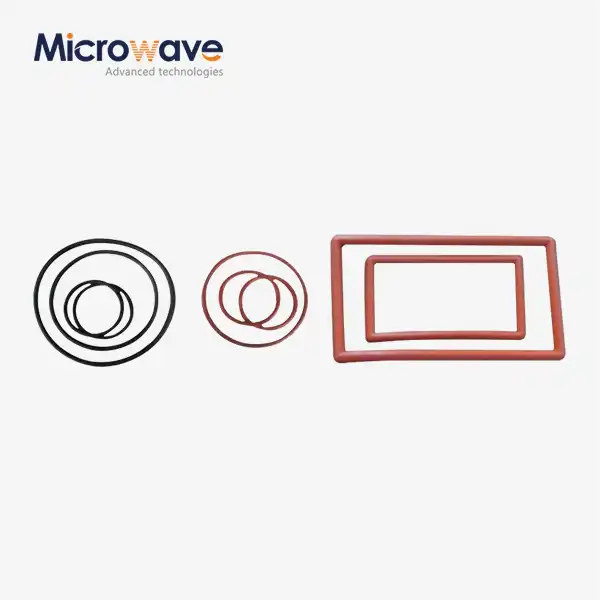
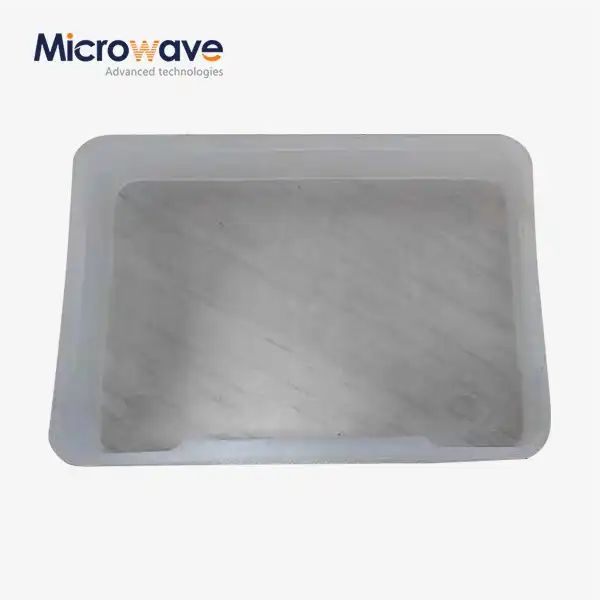

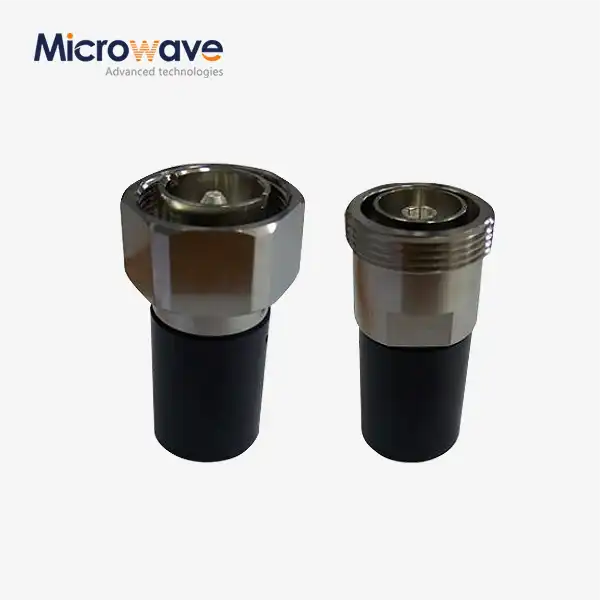
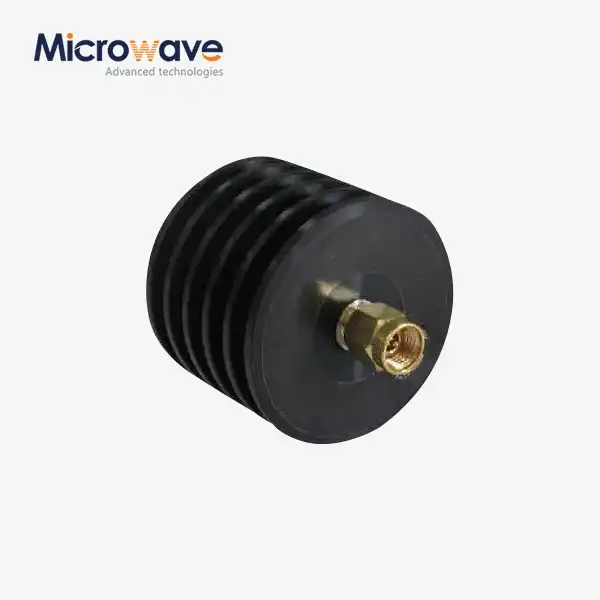
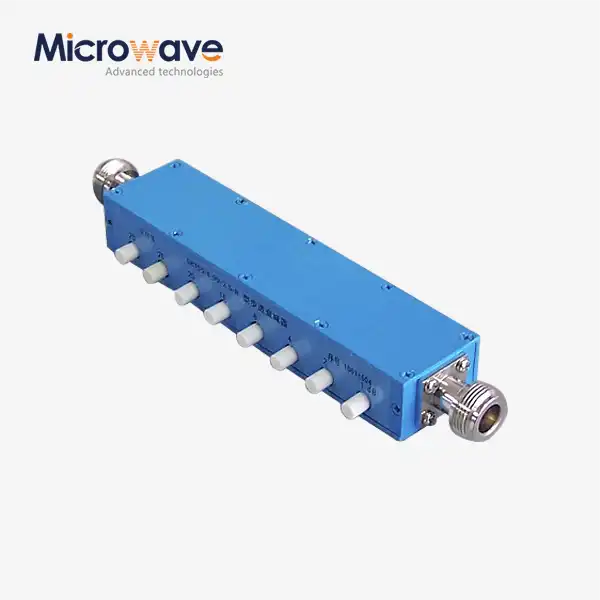
_1733809032116.webp)
